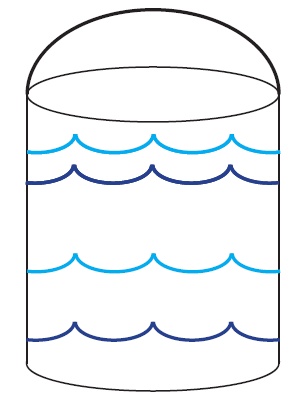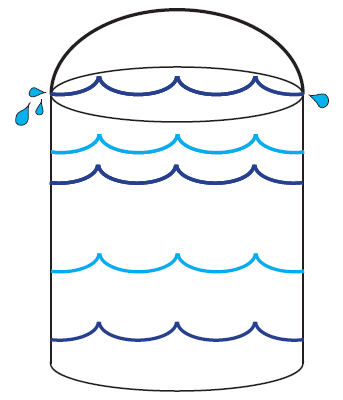Anger and Stress Management
Anger sabotages relationships. It destroys the feeling of safety that is so key to communication, and it drives a wedge between you and your partner.
Feeling Anger Isn’t Wrong
Anger itself is not wrong; it is simply a judgment. The purpose of anger is to recognize that we judge something to be wrong. Often, it is fear or hurt that drives anger. So actually, feeling angry is a great indicator that something needs to be fixed and made right. Anger is only wrong when we express it in harmful ways and good when we act in helpful ways.
How to Manage Anger
Often, when people say they need help with “anger management,” they really need help with stress management and awareness. When stress builds and builds and builds, it’s because someone’s not aware of, paying attention to, or intervening with the stress that builds up.
So how to manage anger is about how to assess the stress that leads to anger. Zero stress means you’re dead, so we all must have some stress. That’s a good thing. It gets us out of bed in the morning. Stress can be small, but it’s a constant.
The Stress Bucket

Imagine a bucket of stress.
You always have some stresses in life, some drops of water in your bucket. Then bigger events add a few cups. Each event adds more and more water; eventually, we’re at the brim. But that’s no immediate problem; your stress bucket is not yet overflowing.

The problem is that sometimes people fill their buckets to the brim with a tight schedule and regular stresses, and they can handle it, just barely, until a tiny little irregular stress comes along. Then, suddenly, their bucket overflows. And people wonder how that tiny little thing caused such anger or started a panic attack. But people often forget about the earlier, bigger stressors.
What we need to focus on to keep some space in our stress buckets is the two ways to decrease stress: prevention and intervention.
Stress Prevention

Prevention is learning how to keep the bucket from overflowing. Often, it helps to recognize the bigger, past causes of stress that have filled the bucket.
Then, once recognized, we need to release those. We can recognize and release stresses by journaling, counseling, or meditation—or a combination of those.
Sometimes those preventative methods don’t seem to remove enough water from an already-overflowing bucket. In that case, we need intervention.
Stress Intervention
Intervention can act like a little dipper to slowly, regularly empty out some water. I go more in-depth on techniques of how to do this in higher levels of my curriculum and during in-person counseling.
It may help to use some self-hypnosis. Other intervention methods are Rezzimax (a medical device that can reduce stress and headaches), Evox (a device that measures your voice to carry out perception reframing), BrainSculpt (a device that is like doing DIY-EMDRs), or other tools that reduce the stress that we carry with us.
Meet Rod

Rodney Limb has always enjoyed listening to people and helping them work out problems and struggles. As a Licensed Clinical Professional Counselor (LCPC), Licensed Marriage and Family Therapist, and a Nationally Licensed Hypnotherapist for over 20 years, he has helped hundreds of couples create a happy and thriving marriage out of disaster. He also provides counseling for anxiety, depression, stress, PTSD, and overcoming various behavioral addictions.
A Deeper Look into Spiritual Truths
“Wherefore, my be beloved brethren, let every man be swift to hear, slow to speak, slow to wrath: For the wrath of man worketh not the righteousness of God.” — James 1:19-20 KJV
“[Satan’s] strategy is to stir up anger between family members. Satan is the ‘father of contention, and he stirreth up the hearts of men to contend with anger, one with another.’” — Lynn G. Robbins
“Husbands, love your wives, and be not bitter against them.” — Colossians 3:19 KJV
As I said earlier, hurt and fear create feelings of anger that help us distinguish right and wrong. That’s how we learn. But just because feeling anger is natural does not mean that dwelling on it or acting on it is justified; doing so will simply create contention within our relationships. As God commands, we should be “slow to wrath.”

